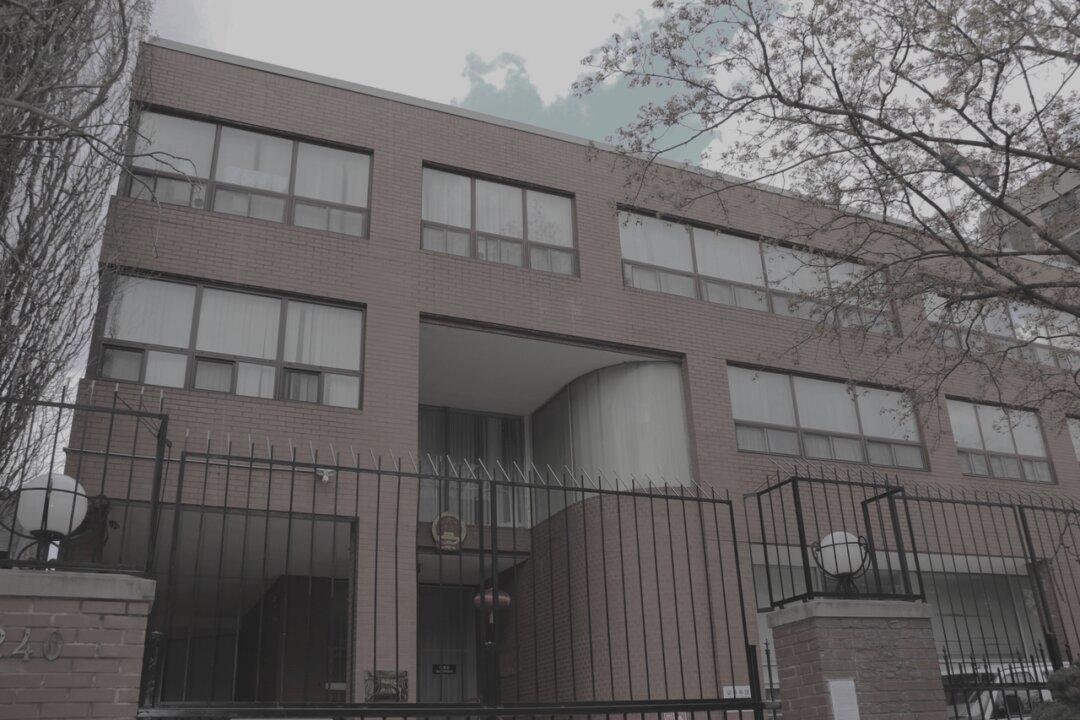The former president of a University of Toronto Chinese students association is now employed at the Chinese Consulate in Toronto. The group and its affiliated student associations in many other Canadian educational institutions have a history of close ties with Chinese envoys, and in some cases openly admit they are led by the Chinese diplomatic mission.
Zhu Yanhe’s LinkedIn profile shows that he has been working as a “Reception Desk Clerk” at the Chinese Consulate in Toronto since November 2021. His Facebook page, under the name “Herman Zhu,” shows that he originates from China’s Guangzhou Province and completed his studies in statistics at the University of Toronto’s Scarborough Campus.





